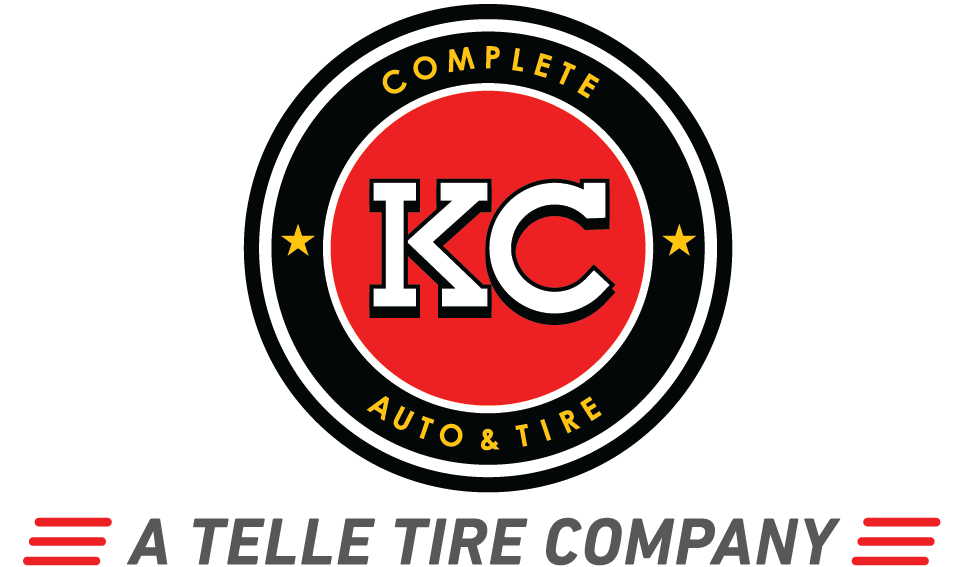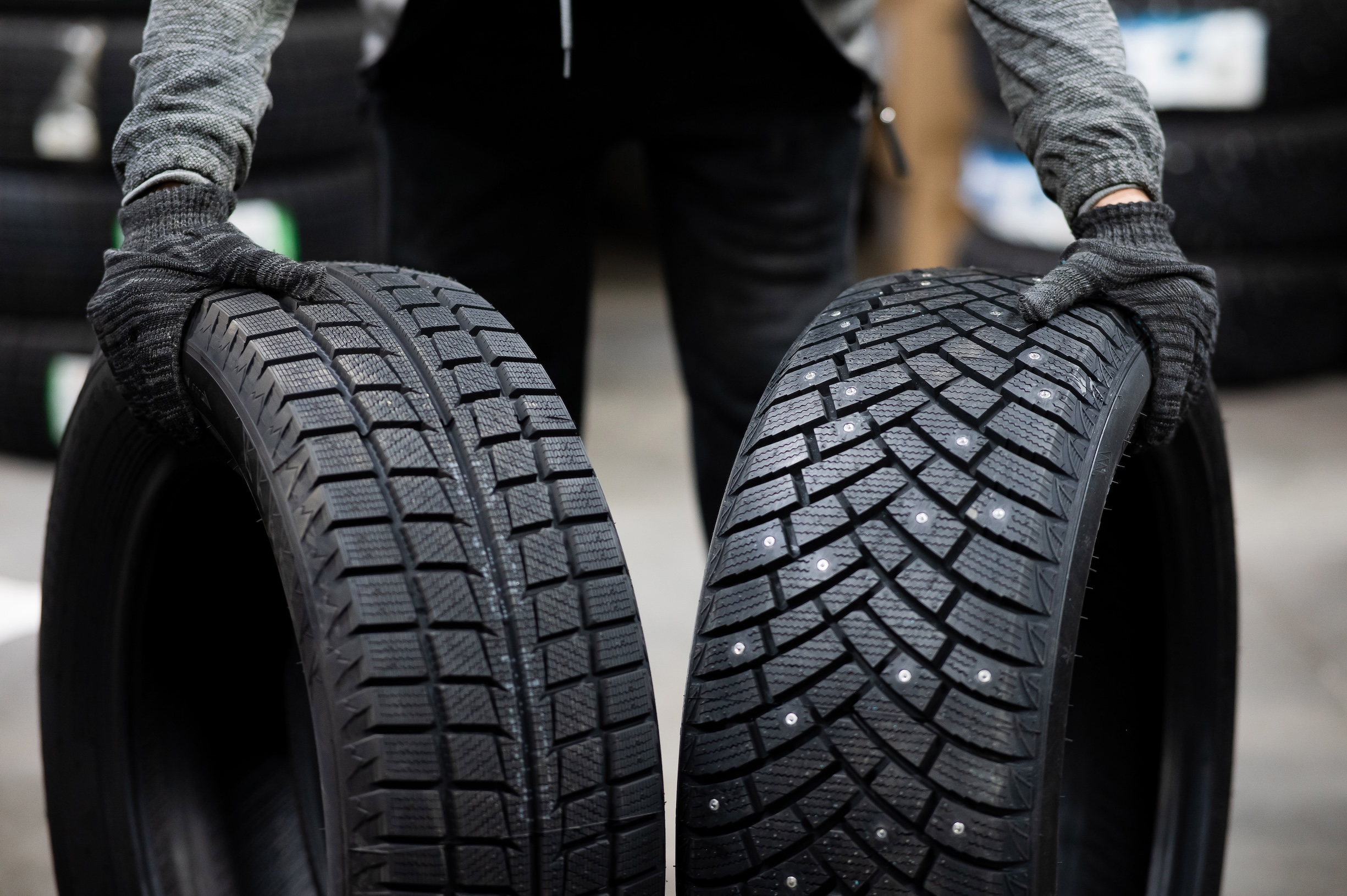Auto Repair Blogs
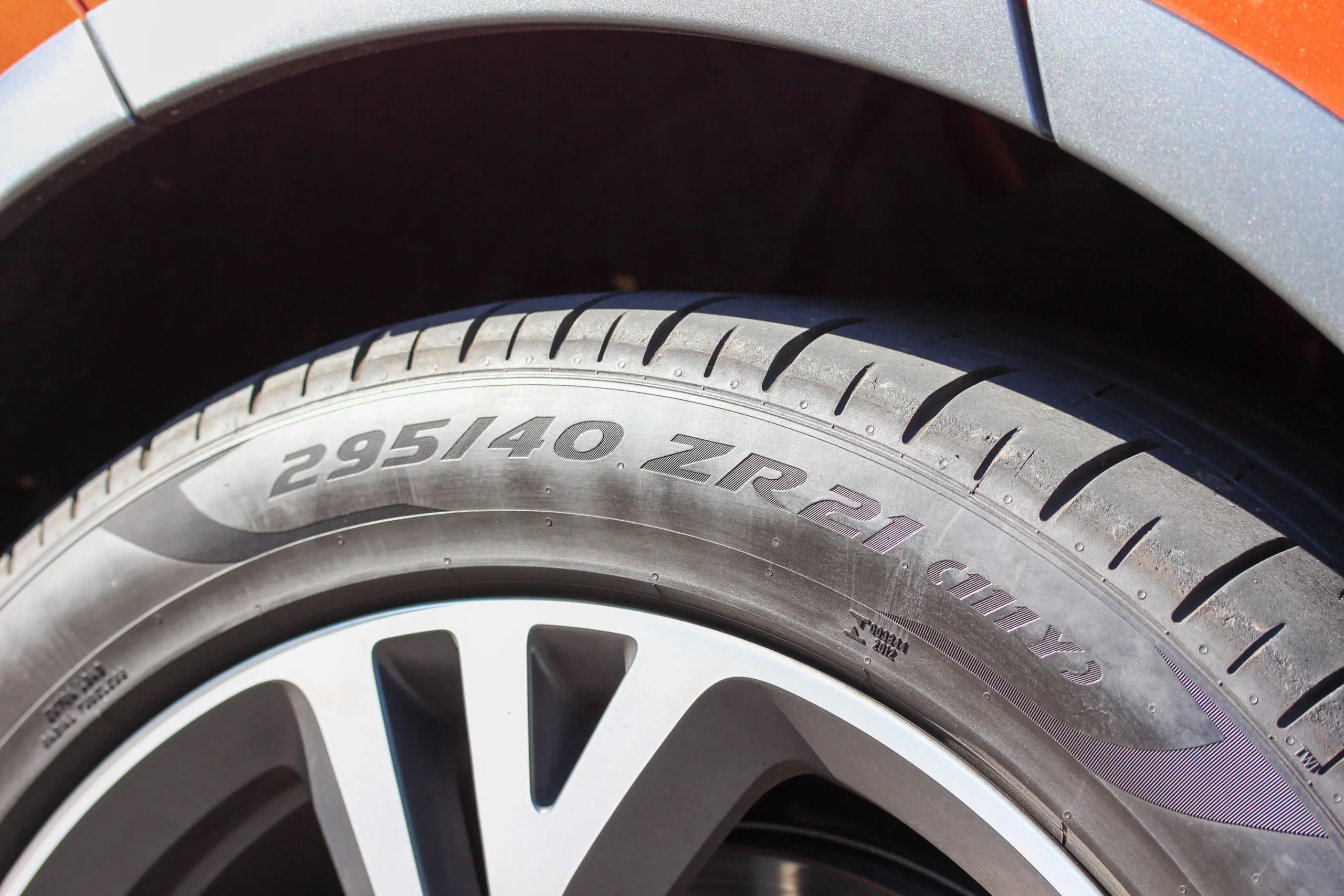
What Is Tire Speed Rating? When you think about tire safety and performance, your mind may go to tread depth or tire pressure, but speed rating is just as important. A tire’s speed rating tells you the maximum speed a tire can safely handle over time. Knowing your tire speed rating can help you make safer, more informed decisions on the road, whether you’re on your daily commute or taking longer drives. In this guide, you’ll get everything you need to know about tire speed ratings: what they are, how they’re tested, how to find yours, and how to choose ...
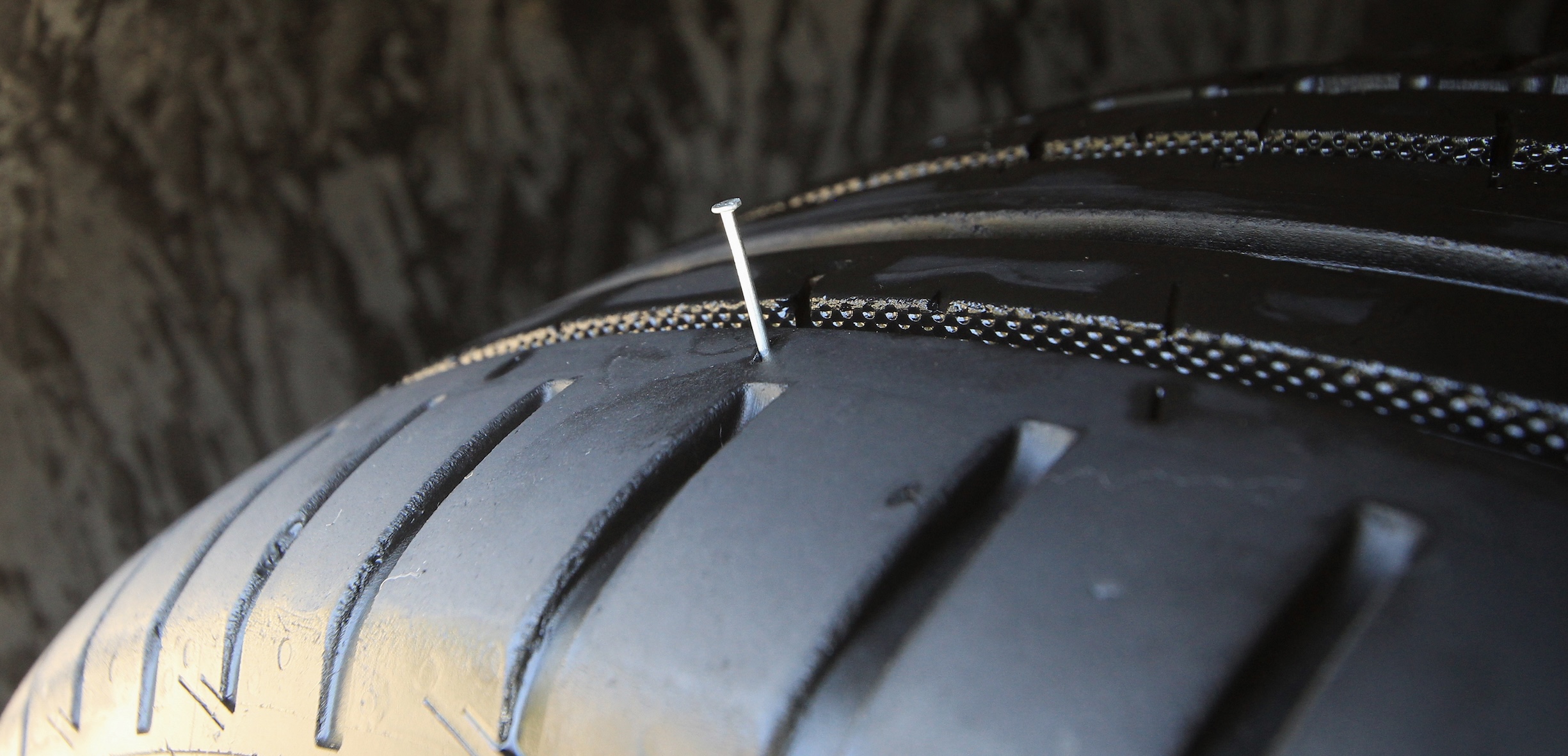
How Do Run-Flat Tires Work? Run-flat tires are designed to keep you moving, even after a puncture. Unlike conventional tires that go flat immediately after losing air pressure, run flats allow you to continue driving safely for a limited distance, giving you time to reach a service center without the need for an immediate roadside tire change. This enhanced safety and convenience make them a popular option for many modern drivers. What Are Run-Flat Tires? Run-flat tires are a type of tire engineered to remain functional after air pressure is lost. The key difference between run-flat tires and conventional tires ...
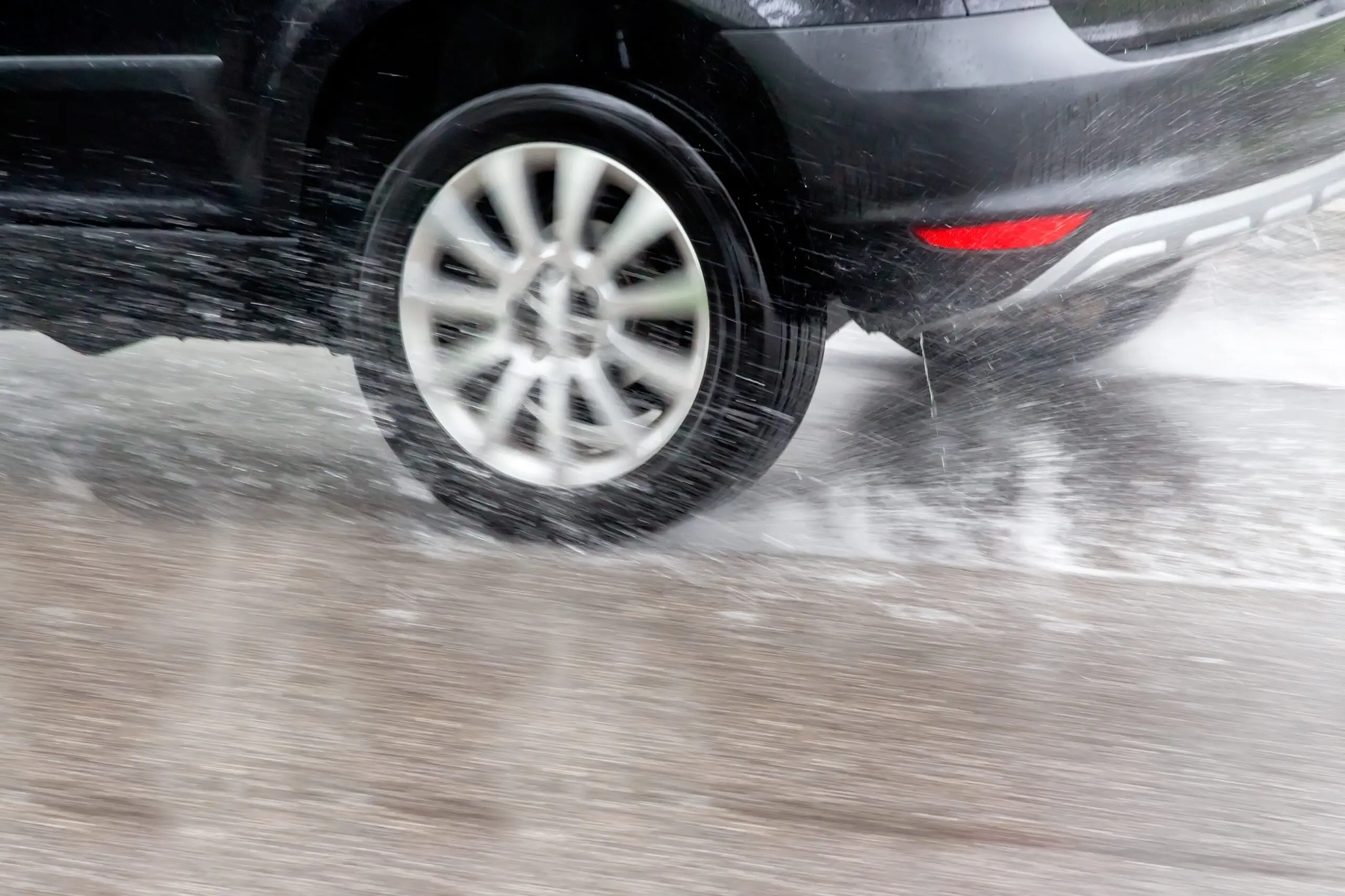
What Is Hydroplaning & What Do You Do When It Happens? The midwestern weather is always changing, but rainstorms are the least dangerous, right? Wet roads may seem harmless, but they can potentially pose just as much of a driving hazard as snow and ice. Water on the road surface puts you at risk of a hydroplaning incident. But what is hydroplaning? Hydroplaning occurs when a layer of water builds up between your vehicle's tires and the road surface, causing a temporary loss of traction. In this situation, your tires no longer grip the road, essentially leaving your car to ...

What Is a Coolant Flush & When Do You Need One? Every time you drive, your vehicle's engine produces a significant amount of heat. If not properly controlled, this heat can result in costly damage to critical engine components. To keep the engine from overheating and ensure a consistently smooth performance, your car relies on an effective radiator and cooling system. At the center of this system is the coolant fluid, which regulates engine temperature and protects various components from damage. Maintaining proper coolant health preserves engine life, helps you avoid costly repairs, and keeps your vehicle running optimally. A ...
Can You Use Winter Tires in the Summer? As the seasons change and the temperatures rise, many drivers wonder: Can you use winter tires in summer? After all, if your winter tires still have plenty of tread left, it might seem cost-effective to leave them on year-round. But while it may seem convenient, using dedicated winter tires for summer driving can lead to reduced performance, faster tire wear, and even higher fuel costs. In this blog, we’ll explain why winter tires aren’t made for warm weather, what alternatives are available, and how Telle Tire & Auto Centers can help you ...
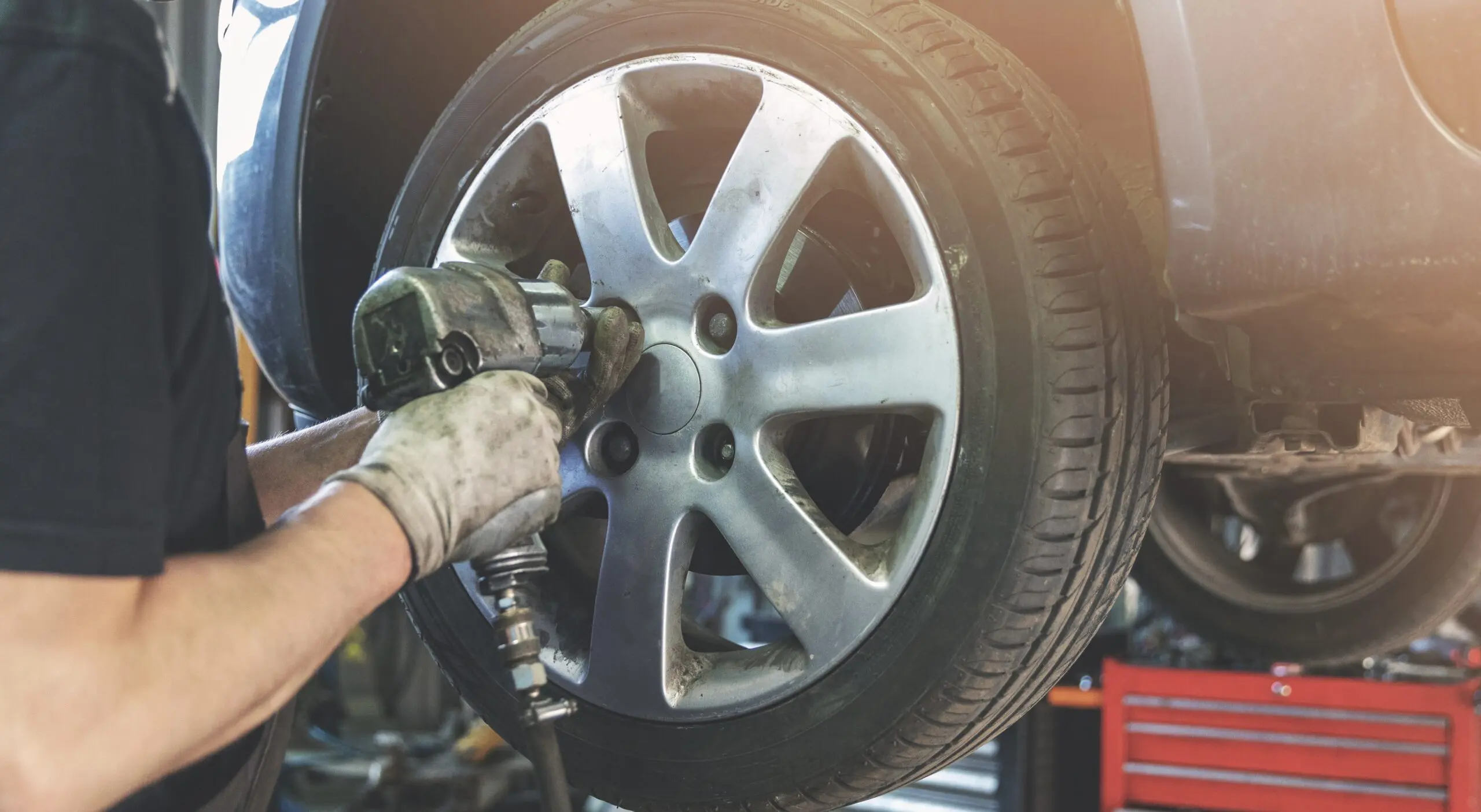
Does Tire Rotation Extend Tire Life? If you’re like most drivers, you want to get the most mileage out of your tires. After all, tires aren’t cheap, and replacing them too often can really put a dent in your budget. Regular tire rotation is a commonly recommended practice for extending the life of car tires. Tire rotation is especially important for all-wheel drive vehicles to ensure even tire wear and prevent drivetrain issues. But does tire rotation extend tire life? In this blog, we’ll break down what tire rotation involves, why it matters, how it impacts tire wear, and what ...
Your Road Trip Inspection Checklist Loading up the roof rack, stocking up on junk food, and heading out with your buddies or family for an exciting journey is a certain recipe for fun and lifelong memories. But before you shift into drive and hit the open road, there's one crucial thing to do first: make sure your car is road-trip ready. You might have your heart set on 1,000 miles of highway, but if your vehicle isn't regularly inspected and maintained, or there's a potential issue lurking, you might be setting up camp a little closer to home than ...

The Benefits of Switching to Summer Tires Early As the seasons change and temperatures start to rise, it's time to consider how your car handles the road. One of the easiest ways to improve your vehicle's performance, fuel economy, and safety during the warmer months is by switching to summer tires. Making the switch before the heat of summer hits full force can help extend the life of your tires and even boost your car's overall efficiency. It’s a great addition to your summer car care checklist to ensure safe adventures all season. At Telle Tire & Auto Centers, we ...

Can Proper Tire Maintenance Save You on Fuel Costs? As summer approaches, many drivers are gearing up for weekend getaways, long road trips, and daily commutes in the heat. But before you hit the highway, it's smart to ask yourself: Is your car's tire maintenance in check? It's no secret that gas prices can spike in the warmer months as demand rises. What might come as a surprise is how much of a difference your tires can make when it comes to saving at the pump. Proper tire maintenance can significantly impact your fuel efficiency (and your wallet), from tire ...

Understanding the Impact of Spring Weather on Tire Performance As winter fades and temperatures rise, many drivers look forward to spring road trips and weekend drives. However, the seasonal shift brings changes that can affect tire performance. Just as cold weather stiffens rubber and reduces pressure, warmer temperatures can lead to tire wear, fluctuations in air pressure, and potential safety concerns. Fluctuating temperatures, lingering potholes from winter road conditions, and increased moisture can all damage tires. Understanding how spring weather affects tires, signs of potential damage to watch for, and how to maintain your tires and vehicle can help ensure ...
